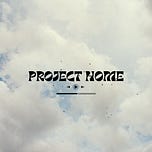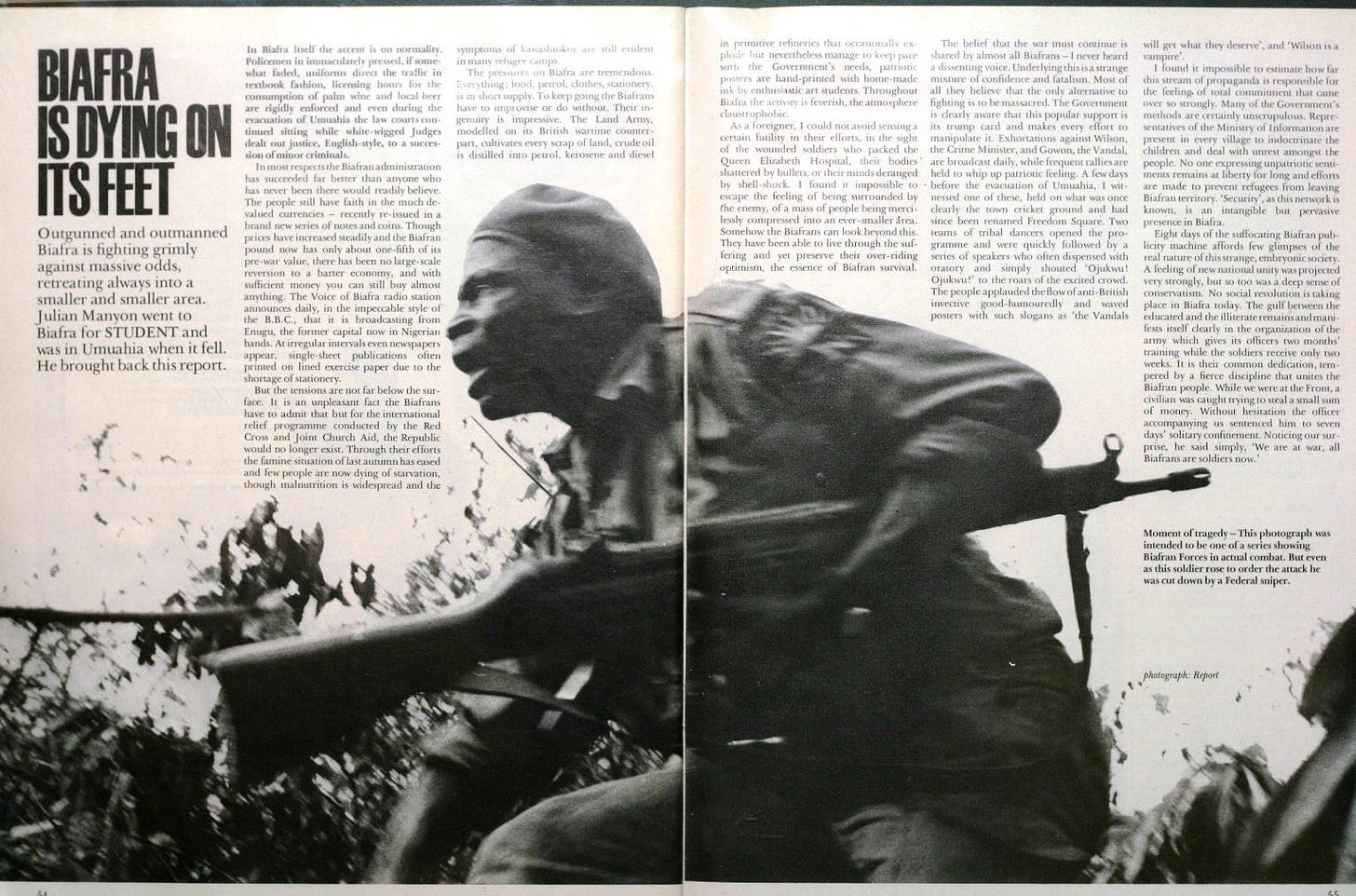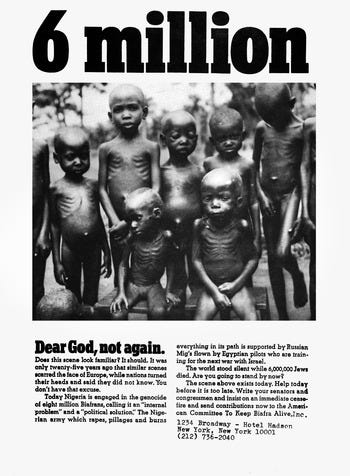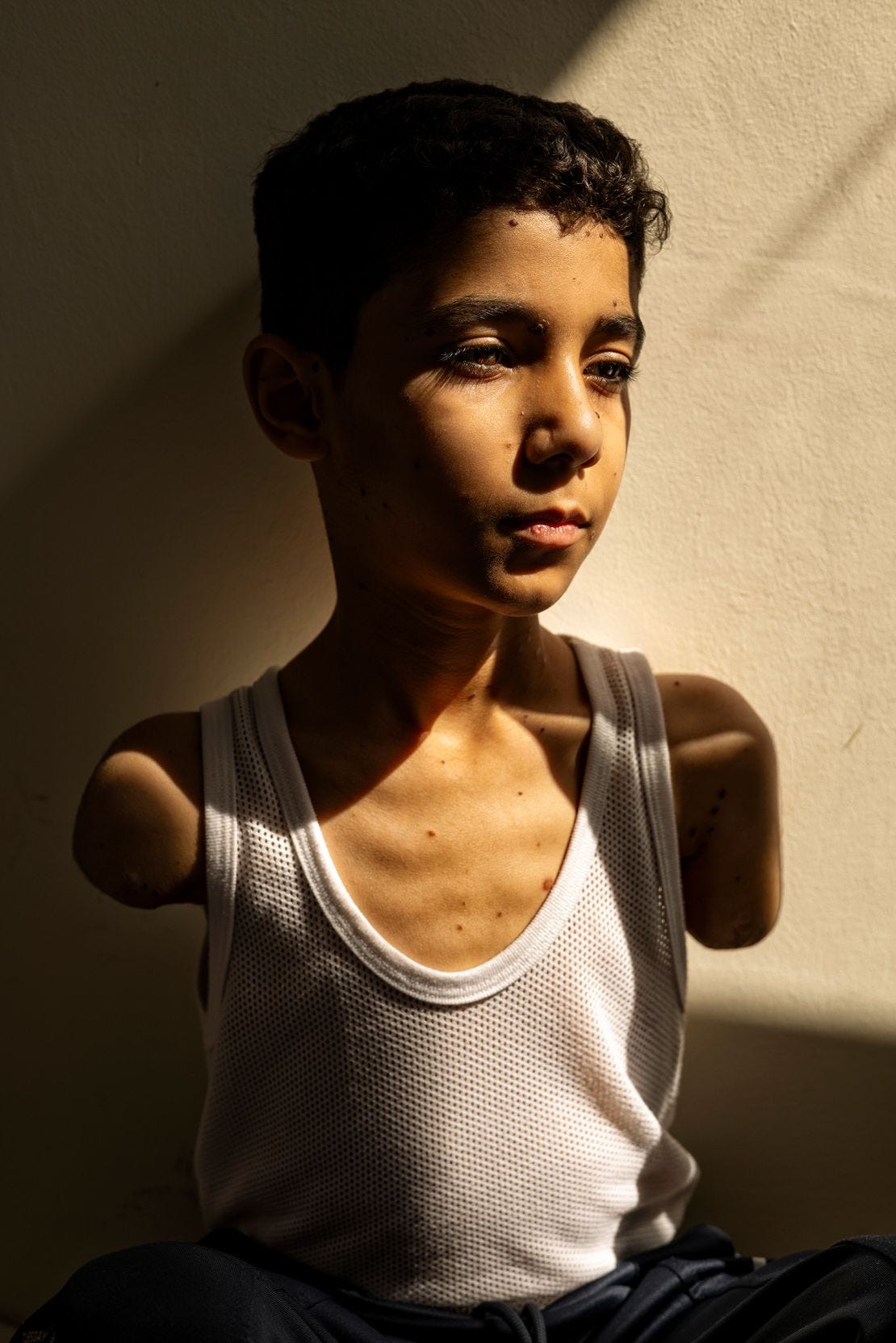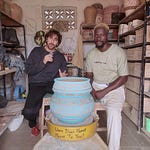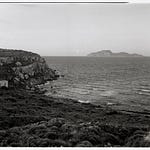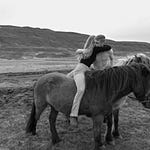Does knowledge come with responsibility?
I’ve been stuck on my writing for Project Home over the past two months. What I’m doing here arises from that inner space we all have that drives us to create, that space we call “I don’t know why, but I feel I need to do it.”
I’ve tried to sit down multiple times, playing with a few triggers I know make the writing ball roll: music, headphones, candlelight, nature, early morning. Nothing helped. My mind was always thinking “how can I tell stories of home and belonging, when at this exact moment there are people losing everything they have?”
I have no interest in politics, nations, borders, or races, as I believe all of these are just layers of difference-building, forgetting we are all the same thing. The only difference we have, over which we have no control, is the fact that we were born in different places that have shaped our lives completely. Understanding how powerful this is can alone remove all ideas of conflict.
Still today, my mind cannot find any reasonable explanation for what is happening to thousands of people around the world. Families and houses destroyed by the decision of a few, starving people who now see their lives completely swept away, lost futures for young generations whose only fault is to be in the “wrong” part of the planet.
The information economy has changed the way we now experience wars. And photography is also playing a major role.
The Biafra conflict in Nigeria, a topic I’ve been researching a lot after spending so much time in this country, was a tragedy whose true scale was initially downplayed on the world stage. Mass killings were happening everywhere, kids were dying of hunger due to the blocking of food transportation, human rights were violated every second. Yet, it was only one year later, when information spread and photos were published in journals, that other countries became interested in it and started to act (some just to get a piece of the cake from the proclaimed peace. Doesn’t that sound familiar?)
I’m sure that, one way or another, all of us have come across images and videos of the human disaster happening in Palestine.
And I can even bet we’ve all seen so much that, unconsciously, we’ve built a mental filter to avoid being bombarded by it and to keep living our lives as always. We go to work, on holidays, to parties, projecting our future. But there’s no justice nor empathy for people using this type of power over lives they have no right to control.
As Susan Sontag observed in her thoughtful essay Regarding the Pain of Others, photographs of atrocity have a dual, contradictory power. They shock us into awareness, but their constant repetition can also numb us. They make horror a spectacle.
What is our responsibility when exposed to this knowledge?
Krishnamurti taught that the world’s chaos is a reflection of our own. The fragmentation of humanity into tribes, religions, and nations begins with the fragmentation within ourselves.
"You are the world," he said.
Perhaps that is where responsibility begins. Not in finding a grand solution, but in refusing to participate in the divisions that cause the conflict. It begins by looking at the images of suffering not as a spectacle, but as a reflection of a shared humanity that has been broken.
It begins with understanding that the home being bombed is our home, because the people inside are us.
Until the next one,
Much love.
F


